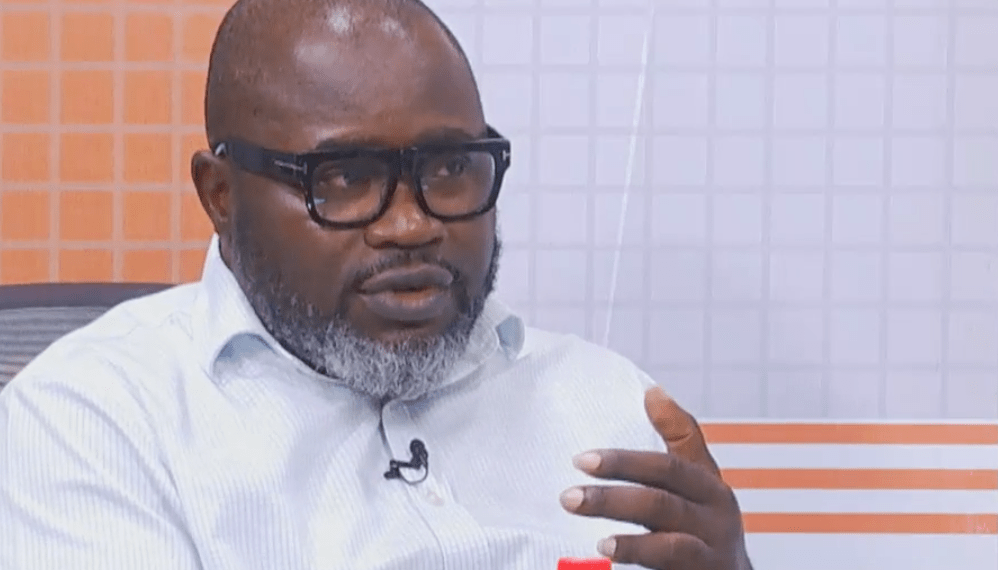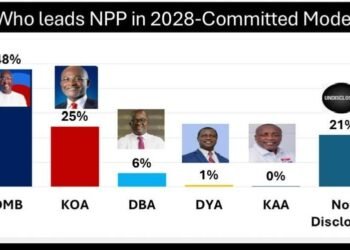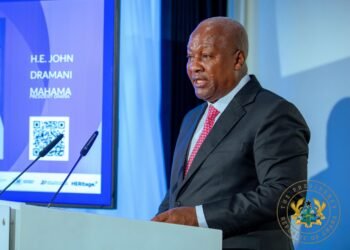The ongoing scandal over fake degrees in Ghana’s public sector has reignited debate about the integrity of government appointments and the effectiveness of verification processes.
Kofi Asare, Executive Director of Africa Education Watch (Eduwatch), has urged national stakeholders to approach this issue with both seriousness and method, rather than resorting to speculative accusations online.
Asare, who has long been a staunch advocate for education reform, recalled his early involvement in the fight against fraudulent academic qualifications.
“I have always been firmly opposed to the use of fake academic credentials and certificates. When the late Prosper Tsikata began his crusade from the United States in 2015, I was a key contact and representative in Ghana.”
Kofi Asare
According to him, the proper way to address concerns about fake degrees is through structured institutional inquiry—not social media outrage.
Rather than rushing to conclusions based on online chatter or informal analysis, he emphasized the need to follow due process by submitting formal verification requests to the appropriate bodies.
For local educational credentials, the process is relatively direct. Asare explained that in such cases, concerned parties should contact the relevant university or tertiary institution to confirm the authenticity of any academic record in question.
This simple but critical step ensures that public debate remains grounded in facts and institutional clarity.
However, foreign-awarded degrees require a more nuanced approach. For these cases, the first stop, Asare indicated, should be the Ghana Tertiary Education Commission (GTEC).
GTEC, as the regulatory body, is responsible for determining whether a foreign institution is accredited in its home country and recognized in Ghana to award the specified degree. “ This step precedes any direct contact with the foreign institution.”
Once GTEC issues a response indicating that the foreign university lacks the necessary accreditation to operate or award degrees within Ghana’s academic framework, no further action is necessary.

The degree, by default, becomes invalid in the Ghanaian context. This clarity, Asare believes, should deter public officials and appointees from using questionable academic titles.
He pointed out that the foundation of Ghana’s education recognition system is based on whether or not a certificate has been awarded by a tertiary institution accredited by the proper national authority in its country of origin.
If it fails that basic requirement, it is not valid in Ghana—regardless of how prestigious the awarding institution claims to be.
“This is why certifications from institutions such as SMC, UNICAF, and Atlantic International University have not been recognised in Ghana; they are not accredited by the appropriate national bodies in their countries of origin to award PhDs.”
Kofi Asare
Fake Degrees Raise Accountability Questions
The fake degrees issue, however, is more than a technical matter of accreditation. For Kofi Asare, it is fundamentally about public trust and ethical governance.
When individuals with unverifiable academic qualifications occupy key decision-making roles, it undermines institutional credibility and erodes confidence in the state.
Asare criticized a growing trend where accusations are aired recklessly on social media, often without substantiation.
This, he warned, can lead to the public forming skewed opinions based on misinformation or emotion, rather than evidence and procedure.
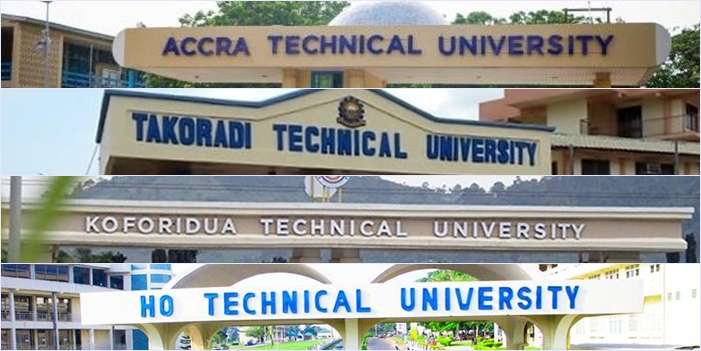
“What we must not do is make baseless accusations on social media, relying solely on personal deductions, and then challenge individuals to come and defend themselves. That is irresponsible.”
Kofi Asare
He acknowledged that political agendas may sometimes fuel such scandals, but insisted that national interest must take precedence.
Investigations into fake academic claims must be guided by verified facts, institutional protocols, and a commitment to procedural fairness.
According to Asare, this is the only way to avoid unnecessary reputational damage while still holding individuals accountable.
“Even if political motives are at play, let us at least commit to doing the right things the right way to serve the wider public interest in addressing a very important national problem.”
Kofi Asare
Asare’s remarks come in the wake of mounting controversies over recent public appointments, notably the backlash surrounding Anne Sansa Daly, who faced public criticism over an allegedly non-existent degree.
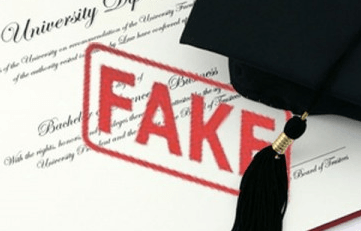
The debate has since escalated, with further accusations—this time from the NPP—targeting NDC figures such as Malik Basintale, CEO of the Youth Employment Agency, and Dr. Rashid Tanko-Computer, over claims of holding fake academic qualifications.
At a time when trust in public leadership is already precarious, the emergence of officials with dubious qualifications only worsens the disconnect between governance and the governed.
As Asare’s comments suggest, the solution lies not in public hysteria but in transparent and verifiable checks, both before and after appointments are made.
This is not the first time Ghana has wrestled with the issue of fake degrees, and it may not be the last.
However, experts like Kofi Asare are advocating for a permanent, institutionalized approach that could prevent future scandals—an approach rooted in transparency, legality, and national interest.
Only by addressing the problem at its roots can the country hope to restore integrity in public service.
READ ALSO: T-Bill Yields to Drop Further as Market Confidence Builds– Ms. Asantewah

